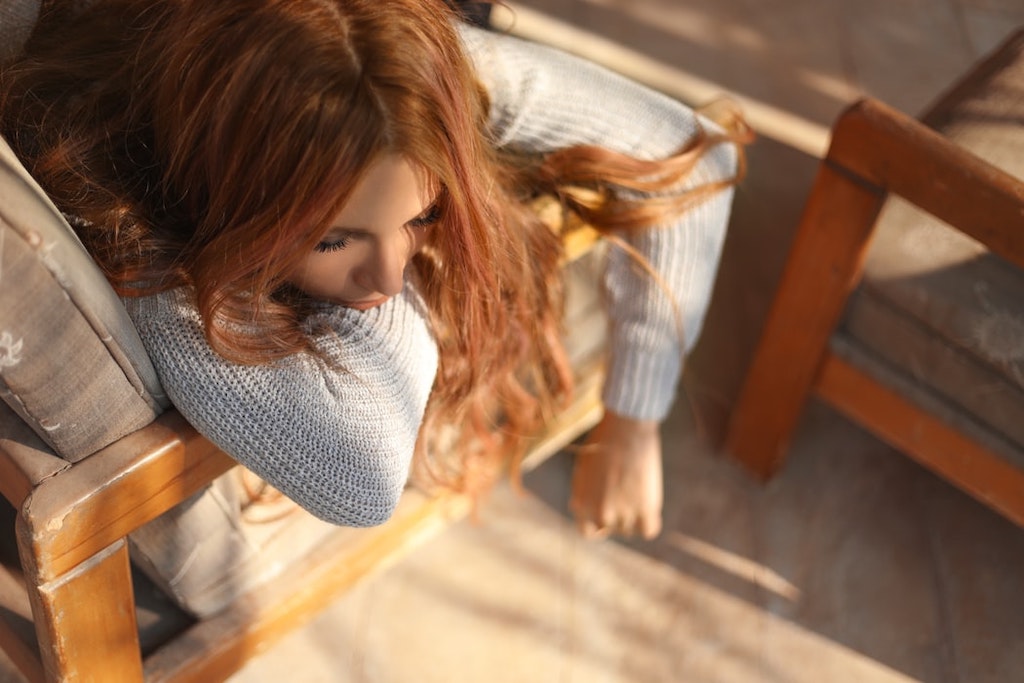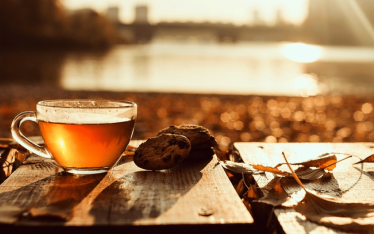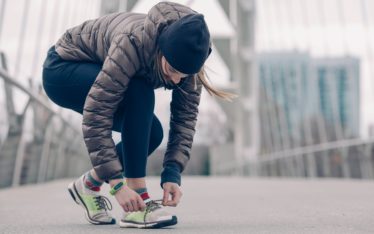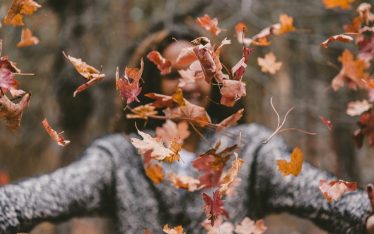Not getting enough shut-eye? Wellness expert Bhavash Padhiar shares his tops tips for better sleep on short, hot summer nights, and puts a few sleep myths to bed…
I’ve never been a big sleeper. In fact, five to six hours a night of sleep is usually enough. While this used to faze me, a sleep expert once told me that you don’t need the recommended nine hours’ sleep if you can function normally on less. But what if – like most people – you do need between eight and ten hours of sleep a night to feel fully energised during the day? Here are some sleep facts and proven tips to help you catch some quality Zs in the summer months.
Your Natural Circadian Rhythm
Deep in the centre of your brain is the hypothalamus. This part of the brain has a very important role in regulating our body temperature, appetite, sex drive, emotions and sleep cycles. It produces melatonin to make you sleep, and ceases production when it wants you to wake up.
The circadian rhythm is your natural body clock and has natural triggers that affect your sleep cycle. But light and external temperature will affect the melatonin release from the hypothalamus – so when it gets dark, you’ll feel sleepy, and when the sun comes up, you wake up. This isn’t a problem in the winter, but in summer in the UK, there may be as few as six hours from dusk to dawn: not a perfect scenario for getting your nine hours of sleep.
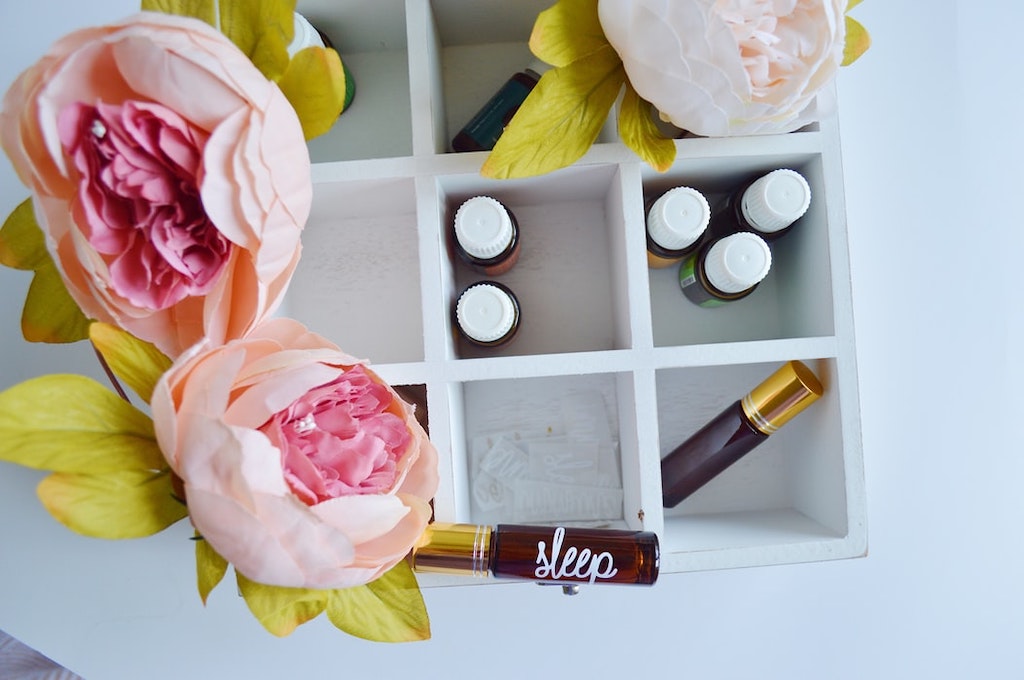
Credit: Brittany Neale
How To Improve Your Sleep Quality
Keeping your bedroom dark when you want to sleep and light when you want to wake up helps your body allow you to sleep without being woken up by those 4am sunrises – so use dark or black-out curtains and a ‘light’ alarm clock. These turn on a light that glows gently brighter over a 30-minute period to mimic the sunrise, allowing you to wake up naturally. Lumie and Beurer produce reputable versions of “wake-up lights”, with a range of functionality and options.
Key to a good night’s sleep is allowing yourself enough time to wind down before sleeping. Do not over stimulate yourself before bed: phones, social media, Candy Crush and even catching up on box sets in bed will keep your mind buzzing, impinging on your sleep. Likewise, avoid the temptation to have an alcoholic nightcap or coffee late in the day, both of which will stimulate you and degrade your sleep. Try a warm bath laced with some calming essential oils instead – lavender is the traditional choice, but try bergamot, clary sage, valerian, sweet chamomile, or a special sleep-tailored blend instead to find your favourite.
Sleeping Pills
Sleeping tablets do have a place in medicine but I always suggest first trying something a little more natural – something that works with your body rather than artificially depressing your brain into sleeping. You may sleep all night, but you may also struggle to wake up properly the following morning and remain slow and sluggish for some time.
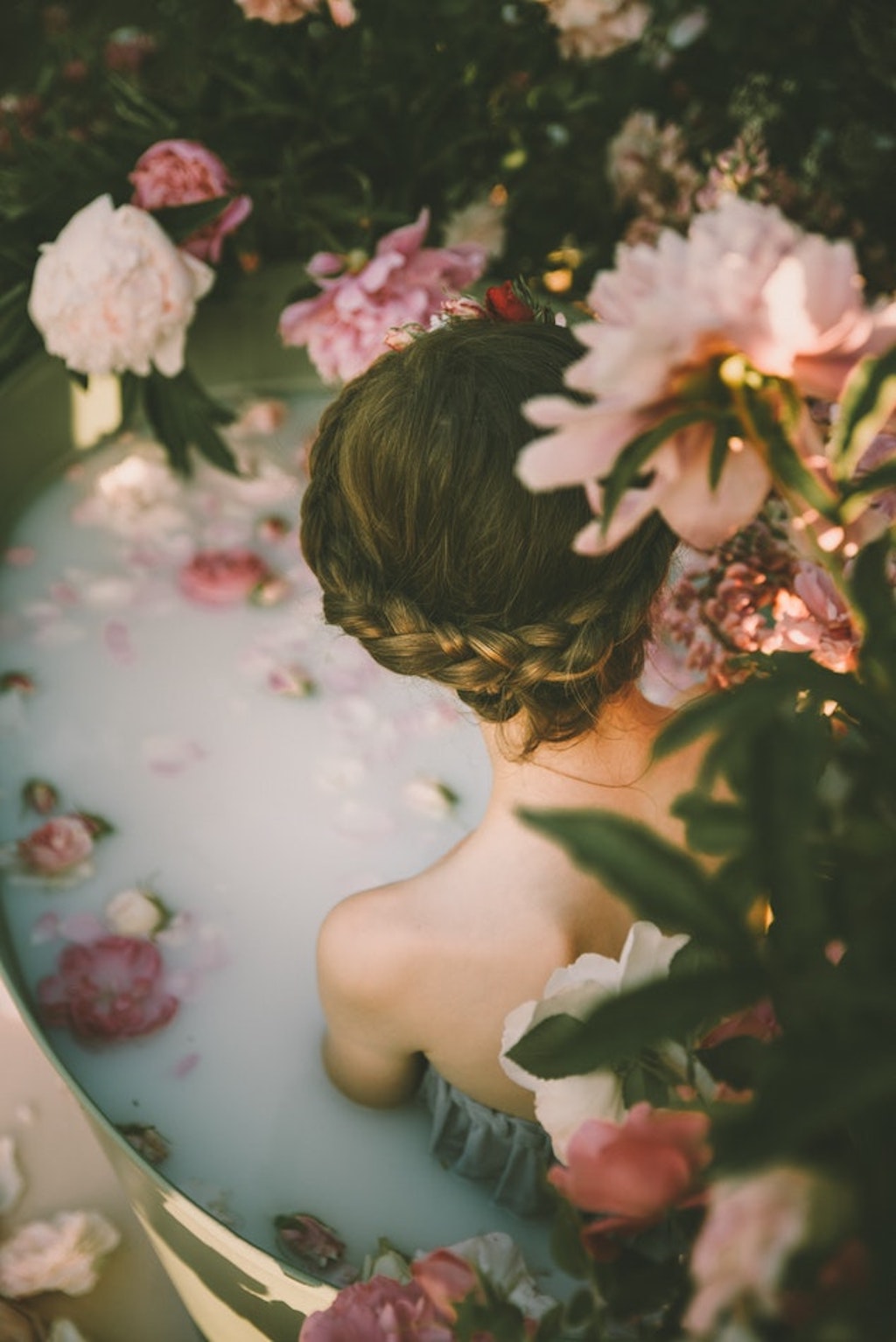
Credit: Anita Austvika
Bach Flower Remedies
Flower remedies are the very diluted tinctures of flowers, developed by an English homeopath called Edward Bach in the 1930s; his most famous product is Rescue Remedy for times of stress and anxiety, and the range is still produced locally by Nelsons in Wimbledon. Different flowers have different properties, and there are some that will help lull you into a more organic rest.
If you wake up in the middle of the night worrying about yesterday’s problems and tomorrow’s workload, White Chestnut can help to remove the unwanted thoughts circling your mind, ending the distraction that’s stopping you returning to sleep. Vervain is helpful when you have a racing mind that’s already way ahead of itself, instead of concentrating on the present. Remember the hot muggy nights of 2018? Impatiens helps when you’re feeling irritable and fidgety to calm you back to rest.
Some of these flower essences are present in Bach Sleep Remedy, which makes a good starting point if you want to try flower remedies. It contains five flowers including White chestnut and Impatiens, as well as Rock Rose, which is indicated for frozen panic and terror.
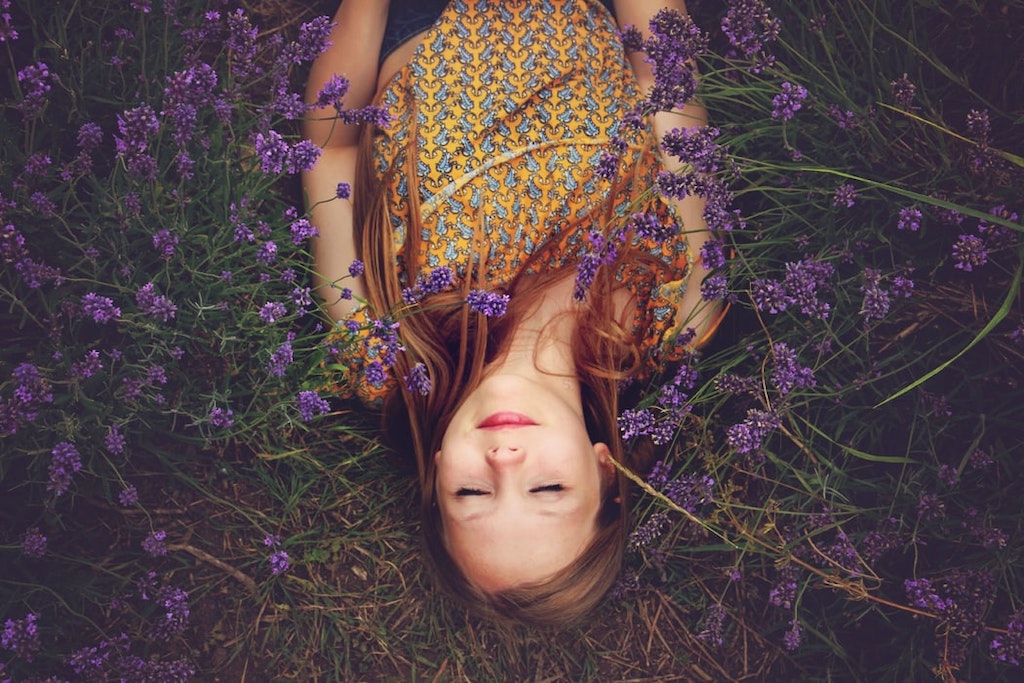
Credit: Amy Treasure
Herbal Remedies
The obvious choice here is melatonin, to replace your own natural low levels to ease you into a healthy slumber. It is also useful to help combat jetlag, getting you to sleep when its nighttime at your destination or when you return home.
Lavender is very calming and helps with a restful sleep. I like Badger Balm’s organic Sleep Balm, which also contains Bergamot and Rosemary. They say you can apply it to your lips, temples, chest or hands; but I say, apply it to the soles of your feet. A few customers of mine have recommended this, and now Mrs P swears by it. More recently, I have seen Bodytox Lavender Sleep Patches, which you stick to the soles of your feet. Those clever customers of mine were onto something many years ago.
Valerian is a herb but the most useful part for sleep is the root. This is widely used in many herbal preparations to help with sleep and even in herbal versions of commercial non-prescription sleeping aid tablets.
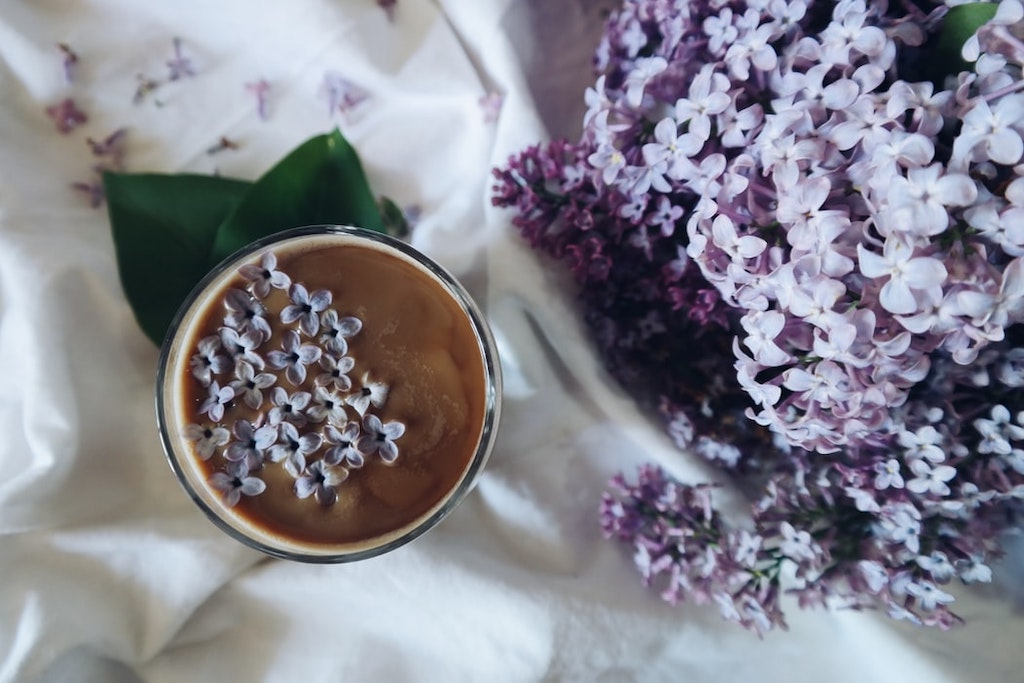
Credit: Brigitte Thom
Bedtime Tea
Instead of coffee before bedtime, try some passion flower tea with its calming and relaxing properties. It is well known for its sedative properties and seems to work better as a tea rather than in tablet form. I’ve also found that a pre-bedtime cup of chamomile or valerian tea can be just as effective as sleeping pills, without that sluggish morning-after effect.
With all supplements and natural remedies, they can interact with your regular prescriptive medication, so do check with your pharmacist or doctor for advice. Sleep remedies should only be used for short-term occasional use.
We might have to wait until Autumn for later sunrises and cooler nights, but at least in the meantime, you can try out some of these tips to get a fuller night of more restful sleep. Sweet dreams… Let us know how you get on!
Written By: Bhavash Padhiar
Facebook: @wimblederm
Instagram: @wimblederm
Twitter: @bhavashmedical
